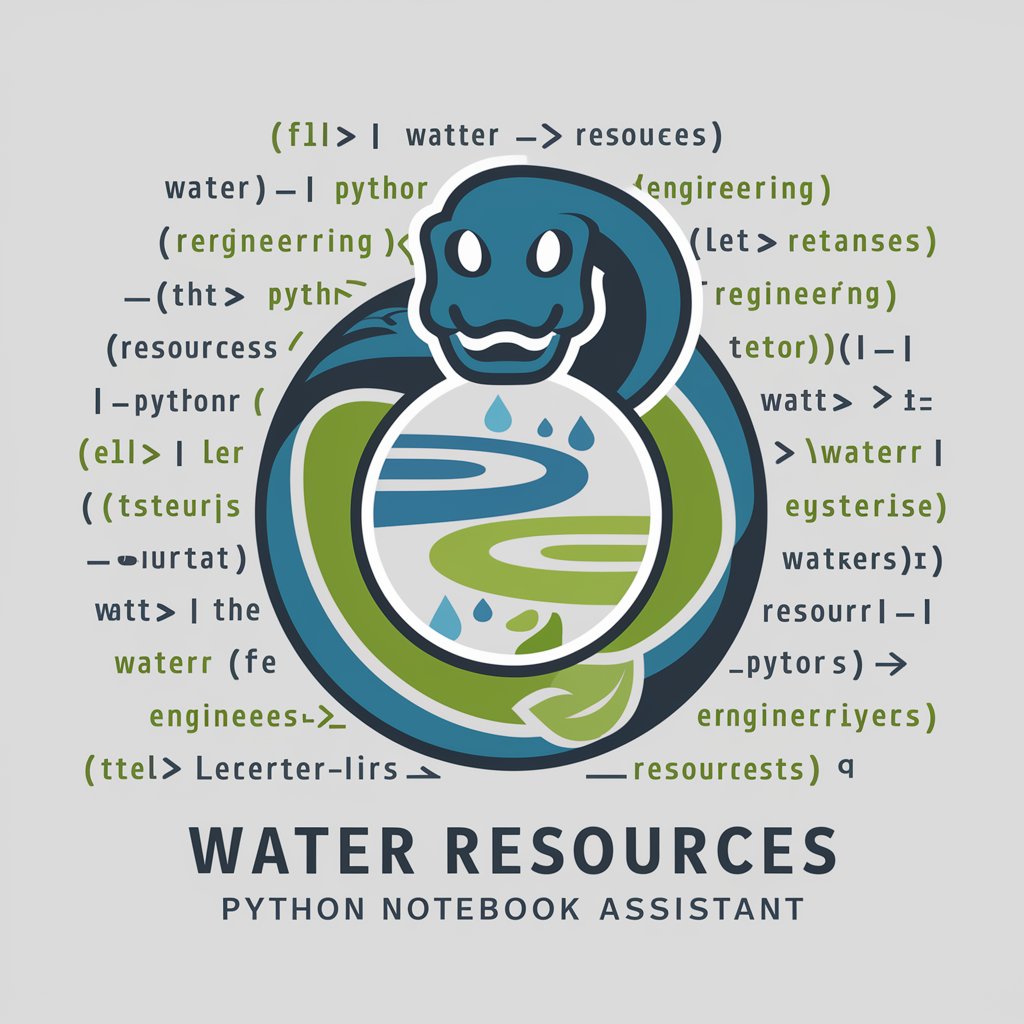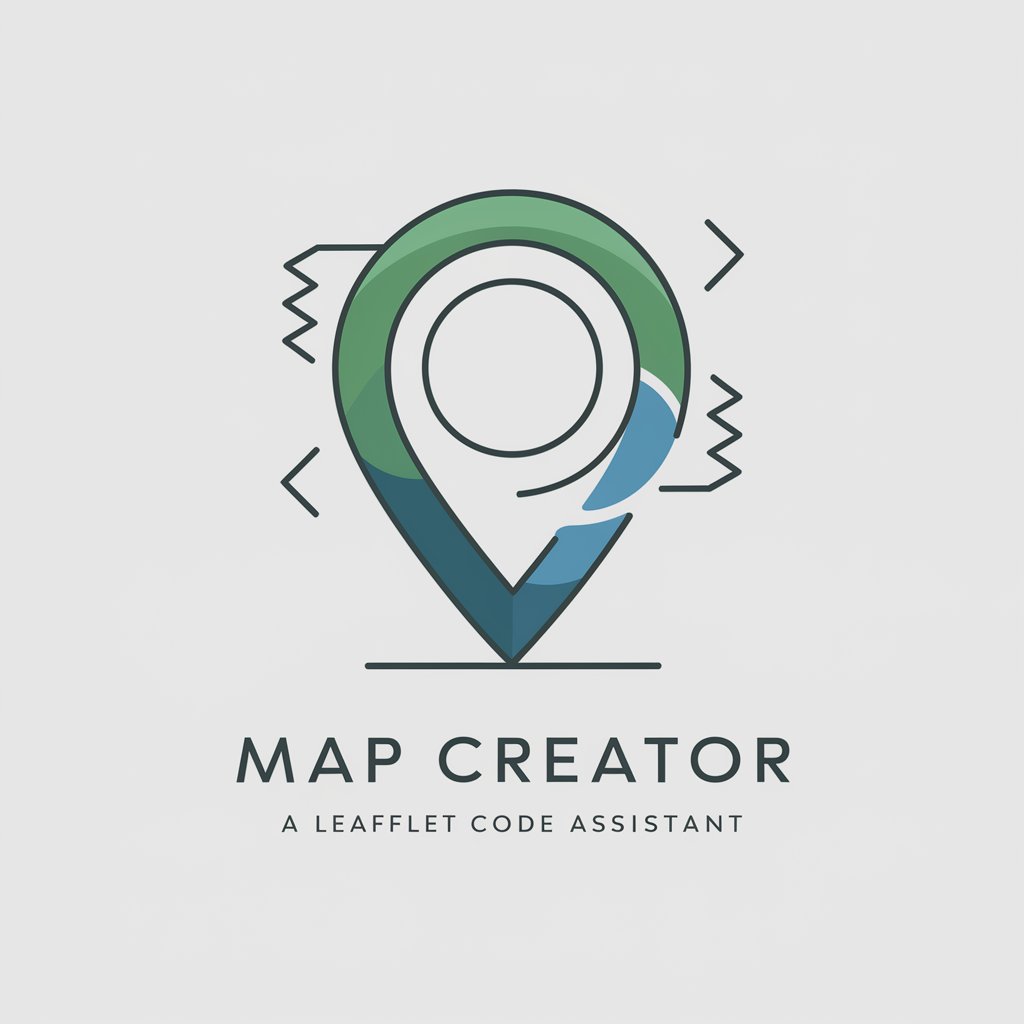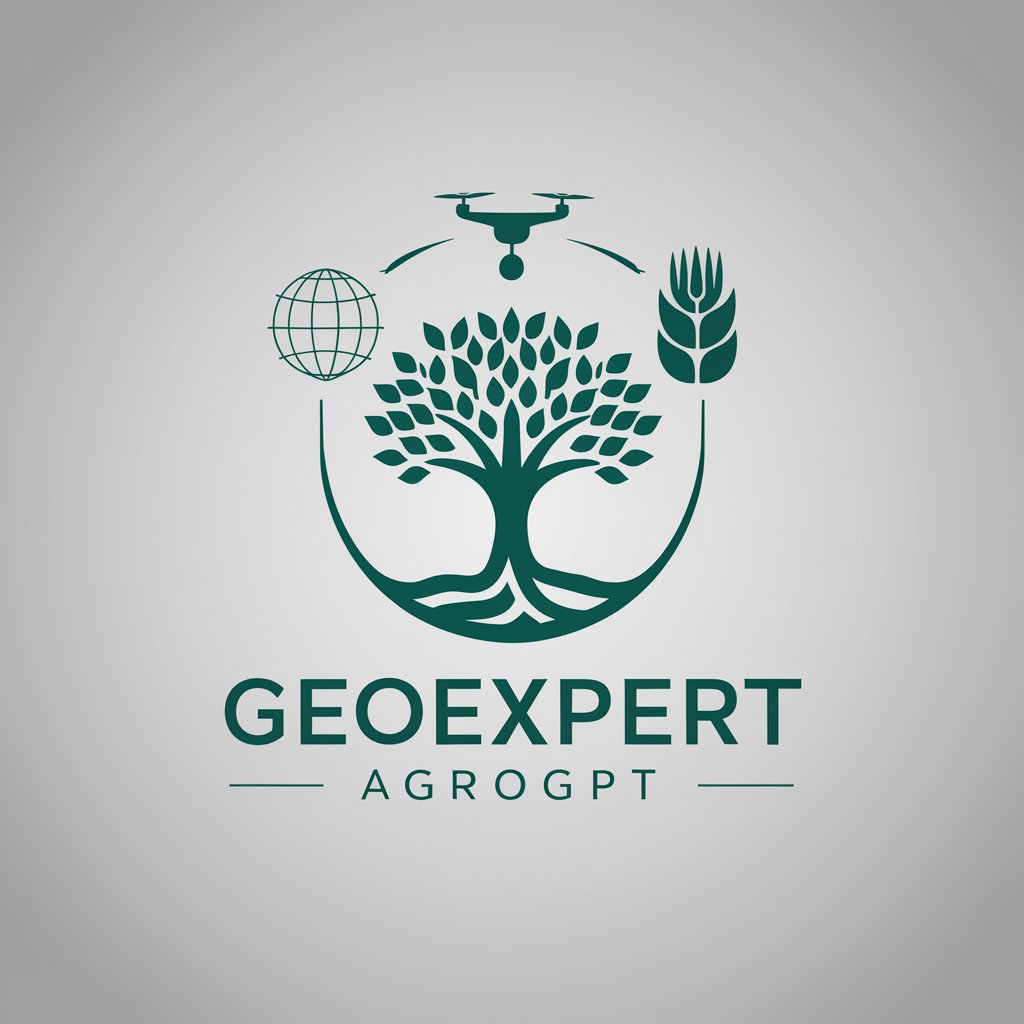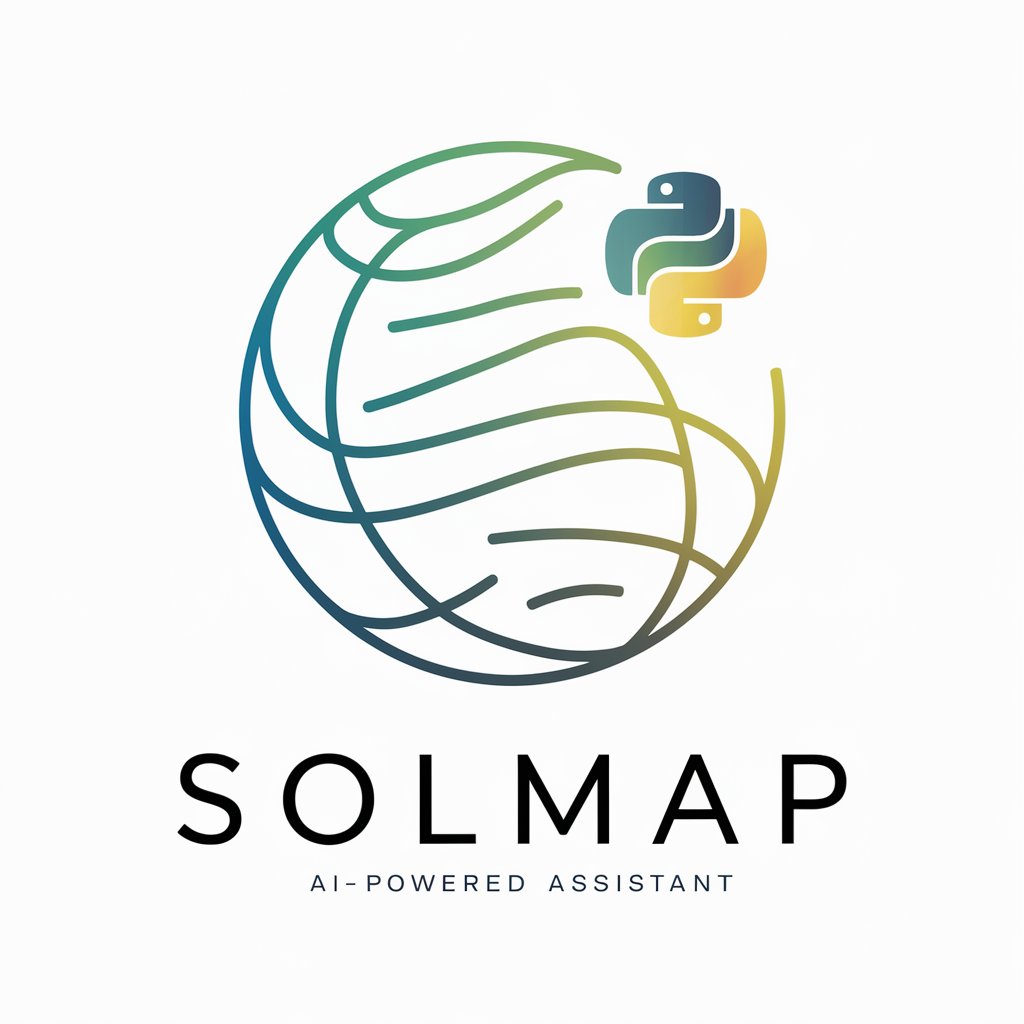12 GPTs for Geospatial Analysis Powered by AI for Free of 2025
AI GPTs for Geospatial Analysis are advanced computational tools that leverage Generative Pre-trained Transformers (GPTs) technology to address, analyze, and provide solutions for spatial data and geographic information system (GIS) related tasks. These tools are specifically engineered to process, interpret, and generate insights from geospatial data, making them invaluable in fields such as urban planning, environmental monitoring, logistics, and more. By utilizing the power of GPTs, these tools offer tailored solutions that enhance the understanding of complex spatial patterns and dynamics, facilitating informed decision-making and strategic planning.
Top 10 GPTs for Geospatial Analysis are: Gillis de Lavoye,Water Resources Python Notebook Assistant,Map Creator,Map Mentor,LiDAR Pro,GisGPT,Satellite,Global Insight Analyst,SolMap,laharz_doc_extractor
Gillis de Lavoye
AI-powered geomatic insights and analysis

Water Resources Python Notebook Assistant
Streamlining water resource engineering with AI

Map Creator
Empowering Your Maps with AI

Map Mentor
Empowering your maps with AI guidance

LiDAR Pro
Transforming LiDAR Data with AI

GisGPT
Empowering Geographic Insights with AI

Satellite
Transforming Pixels into Insights

Global Insight Analyst
Powering insights with AI-driven analysis

SolMap
Empowering map-making with AI

laharz_doc_extractor
Mapping Lahar Hazards with AI

Floki
Empowering analysis and development with AI

Geo Converter
Transforming Geographic Data, AI-Enhanced

Key Attributes of Geospatial GPT Tools
AI GPTs for Geospatial Analysis distinguish themselves through unique features such as advanced natural language processing (NLP) for intuitive query understanding, the capability to process and analyze vast datasets of spatial information, and the ability to generate predictive models based on historical geospatial data. They are highly adaptable, catering to a range of tasks from basic location-based queries to complex spatial modeling and simulation. Special features include real-time geospatial data analysis, integration with satellite imagery, and the ability to work seamlessly with various GIS software and data formats.
Who Benefits from Geospatial GPTs
AI GPTs for Geospatial Analysis are designed for a broad audience, including GIS specialists, urban planners, environmental scientists, and logistics managers. They are equally beneficial for novices in geospatial analysis by offering user-friendly interfaces and for developers or professionals through advanced customization options and programming capabilities. This dual accessibility ensures that individuals at different skill levels can leverage these tools for their specific needs.
Try Our other AI GPTs tools for Free
Interactive Forums
Discover how AI GPTs transform Interactive Forums with engaging, contextually relevant content, tailored responses, and user-friendly interfaces for an enhanced discussion experience.
Food Integration
Discover how AI GPTs are revolutionizing the food industry with innovative solutions for recipe generation, nutrition analysis, and trend prediction, making food science and culinary arts more accessible and efficient.
Urban Modeling
Discover how AI GPTs for Urban Modeling are revolutionizing urban planning with advanced analytics, predictive modeling, and user-friendly interfaces, driving smarter, sustainable city development.
Data Licensing
Unlock the potential of AI in data licensing with tools designed to streamline legal documentation, negotiation, and compliance, making data sharing efficient and secure.
Developer Resource
Discover how AI GPTs for Developer Resource revolutionize software development, offering code generation, real-time assistance, and learning tools for developers of all levels.
Athlete Profiles
Discover how AI GPTs for Athlete Profiles revolutionize the management and analysis of sports data with cutting-edge AI tools designed for sports professionals and enthusiasts alike.
Expanding Horizons with Geospatial GPTs
AI GPTs for Geospatial Analysis are not just tools; they are comprehensive solutions that bridge the gap between complex geospatial data and actionable insights. Their user-friendly interfaces, combined with the power to integrate into existing systems, make them versatile for various sectors, including public safety, environmental monitoring, and urban development. As these tools continue to evolve, they promise to unlock new possibilities for spatial analysis and decision-making.
Frequently Asked Questions
What exactly is AI GPT for Geospatial Analysis?
It's a cutting-edge tool that uses AI to interpret and analyze geospatial data, helping to solve complex spatial problems and provide insights into geographical patterns.
Who can use these GPT tools?
Anyone from beginners to experts in fields like urban planning, environmental science, and logistics can use these tools, thanks to their adaptable interface and capabilities.
Can AI GPTs process real-time geospatial data?
Yes, these tools are capable of processing and analyzing real-time data, making them suitable for applications that require up-to-the-minute information.
Do I need coding skills to use these tools?
No, many GPT tools for Geospatial Analysis are designed with user-friendly interfaces that do not require prior coding knowledge. However, coding skills can enhance customization and utilization of advanced features.
How do AI GPTs integrate with existing GIS software?
Most GPT tools are designed to be compatible with popular GIS software, allowing for easy integration and data exchange to enhance existing workflows.
Can these tools predict spatial trends?
Yes, by utilizing historical geospatial data, AI GPTs can generate predictive models to forecast future spatial trends and patterns.
Are there customization options for professional use?
Absolutely, these tools offer extensive customization options, allowing professionals to tailor functionalities to their specific project requirements.
What makes AI GPTs for Geospatial Analysis unique?
Their ability to process complex spatial queries with natural language, analyze vast datasets, and provide intuitive insights and predictions makes them unique in the geospatial field.